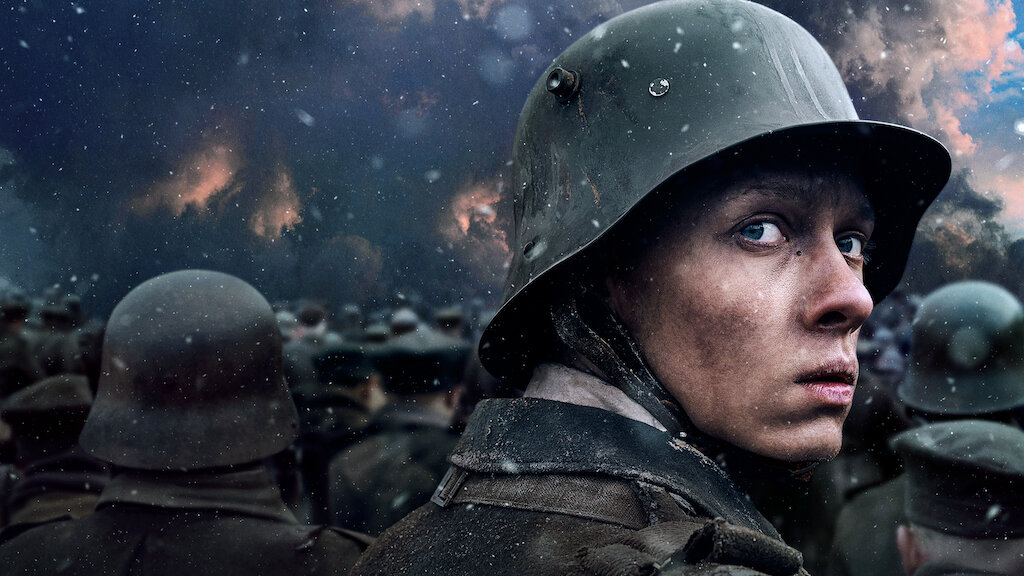Magical Weapons for Ukraine
DEFEAT CAPITALISM AND ITS DEADLY SPAWN, IMPERIALISM
ecological murder •
William J. Astore
BRACING VIEWS
William J. Astore
BRACING VIEWS
"No magical weapon won World War I. And no magical weapon is going to provide Ukraine a decisive edge in its struggle with Russia. Certainly not a hundred or so Western tanks or a few dozen fighter jets..."
Lessons from World War I
If you read the mainstream media, it would seem the answer to the Russia-Ukraine War, now about to enter its second year of mass death and widespread destruction, is weapons of various sorts. Western tanks like the German Leopard and American Abrams. Fighter jets like the F-16 produced by Lockheed Martin. If only Ukraine had more tanks, more jets, and the like, they would be able decisively to defeat the Russian military, ejecting it from Ukrainian territory, even from the Crimea, so the argument goes.
As a historian of technology and warfare, I’ve studied this belief in magical weapons. History teaches us that weapons alone usually do not determine winners and losers in war. Weapons themselves are rarely decisive, especially when the sides engaged fight symmetrically. In such cases, new weaponry often increases the carnage.
Consider the events of World War I. Various weapons were tried in an attempt to win the war decisively through military action. These weapons included poison gas (of various types), tanks, flamethrowers, and submarines, among others. None of these weapons broke the stalemate on the Western Front. Countermeasures were found. And World War I dragged on for more than four long years, producing hecatombs of dead.
What did work? In a word, exhaustion. In the spring of 1918, Germany launched massive, last-ditch, offensives to win the war before U.S. troops arrived in Europe in large numbers. (The U.S. had entered the war in 1917 but was still mobilizing in 1918.) The Germans came close to winning, but when their offensives grounded to a halt, they had little left in the tank to endure Allied counterattacks. Yes, the Allies had more tanks than the Germans, and were learning to use them effectively with airpower in combined arms assaults. But what truly mattered was exhaustion within the German ranks, exacerbated by the Spanish flu, hunger, and demoralization.
No magical weapon won World War I. And no magical weapon is going to provide Ukraine a decisive edge in its struggle with Russia. Certainly not a hundred or so Western tanks or a few dozen fighter jets.
Indeed, looking at some of the media coverage of the Russia-Ukraine War in the West, you might be excused from mistaking it for advertising videos at a weapons trade show. Over the last year, we’ve learned a lot about Javelin and Stinger missiles, HIMARS rocket launchers, and of course various tanks, fighter jets, and the like. But we’ve seen very little coverage of the mass carnage on both sides. It’s been said the real costs of war will never get in the history books, for who wishes to confront fully the brutality and madness of industrialized warfare?
I’m in the middle of watching the new German version of “All Quiet on the Western Front,” a film deservedly nominated for an Oscar for best picture (available on Netflix). It’s one of the better war films I’ve seen in its depiction of the horrific and dehumanizing aspects of modern industrial warfare. Something like this movie is happening currently in Ukraine, but our leaders, supported by the media, think the answer to the carnage is to send even more destructive weaponry so that more troops (and civilians) can die.
Magical weapons are not the answer. For of course there’s nothing magical about weapons of mass destruction.
 William J. Astore, a retired lieutenant colonel (USAF) and professor of history, has written for TomDispatch.com, Truthout, History News Network (HNN), Alternet, Salon, Antiwar.com, and Huffington Post among other sites. He is the author or co-author of three books and numerous articles focusing on military history as well as the history of science, technology, and religion. He earned a BS (with distinction) in mechanical engineering from Worcester Polytechnic Institute, an MA from the Johns Hopkins University (history of science and technology), and a D.Phil. (doctor of philosophy) from the University of Oxford (modern history).
William J. Astore, a retired lieutenant colonel (USAF) and professor of history, has written for TomDispatch.com, Truthout, History News Network (HNN), Alternet, Salon, Antiwar.com, and Huffington Post among other sites. He is the author or co-author of three books and numerous articles focusing on military history as well as the history of science, technology, and religion. He earned a BS (with distinction) in mechanical engineering from Worcester Polytechnic Institute, an MA from the Johns Hopkins University (history of science and technology), and a D.Phil. (doctor of philosophy) from the University of Oxford (modern history).Print this article
Unfortunately, most people take this site for granted.
DONATIONS HAVE ALMOST DRIED UP…
PLEASE send what you can today!
JUST USE THE BUTTON BELOW
[/su_spoiler]
![]() Don’t forget to sign up for our FREE bulletin. Get The Greanville Post in your mailbox every few days.
Don’t forget to sign up for our FREE bulletin. Get The Greanville Post in your mailbox every few days.
[newsletter_form]
[premium_newsticker id=”211406″]

This work is licensed under a Creative Commons Attribution-NonCommercial 4.0 International License
